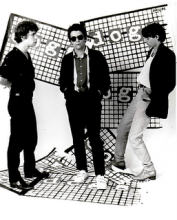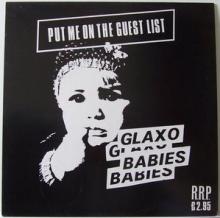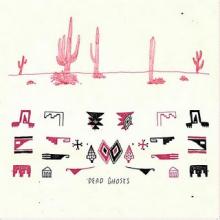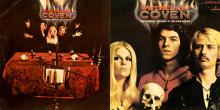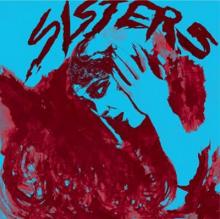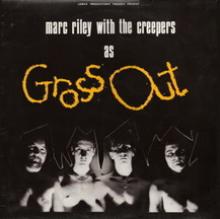The Dogs: A French (Punker) Confusion
As early as 1973, the Dogs were aping a revved up rock and roll stance easily matching any of the Stateside proto punk caterwauling we’ve all grown to love. Admittedly, the Dogs don’t include too much of an adventurous attitude in its music. Toronto’s Teenage Head might be a good aural equivalent. But that’s a bit unfair even if the Frenchies’ “My Life” sounds like those Canucks while they were covering the Boys.
Regardless of who sounds like what, the Dogs were a functioning ensemble for almost thirty years. In 2002, Dominique Laboubée, the band’s singer and only constant member, succumb to cancer. It’s hard enough to track down work from the band’s early period – or any sort of English language commentary. But tracking down relatively recent albums just isn’t going to happen. As per usual, though, it’d be easy to guess that there wasn’t the same sort of punk fervor at work so late in the game.
Either way, floating around the internet was both Bite Back, a compilation soldering together early singles, as well as a twelve inch entitled Go Where You Want To Go dating to 1978. The prior, while not a proper album, sports a pretty consistent tone. Well, that twelve inch does as well.
“Teenage Fever,” like most of the Dogs’ other work, sounds like a revved up version of the Jam, eschewing the silly, pop and soul influenced choruses that bogged down the British trio. Singing in English makes the entire affair even more palatable, although, the Dogs would surely still be worth getting an earful of if lyrics were snotted out in French.
Even if most of these tracks are all the same pace, “Terminal State” switches the proceedings up enough by replacing the hi-hat with a floor tom. Punks never claimed to be the best musicians in the world. The aforementioned twelve inch, actually, slots somewhere in the middle of Bite Back – I think. Either way, with a nasty, live rendition of the Who’s “Boris the Spider,” there’s nothing here to disappoint. And over the course of twenty songs, that’s pretty bloody impressive.
